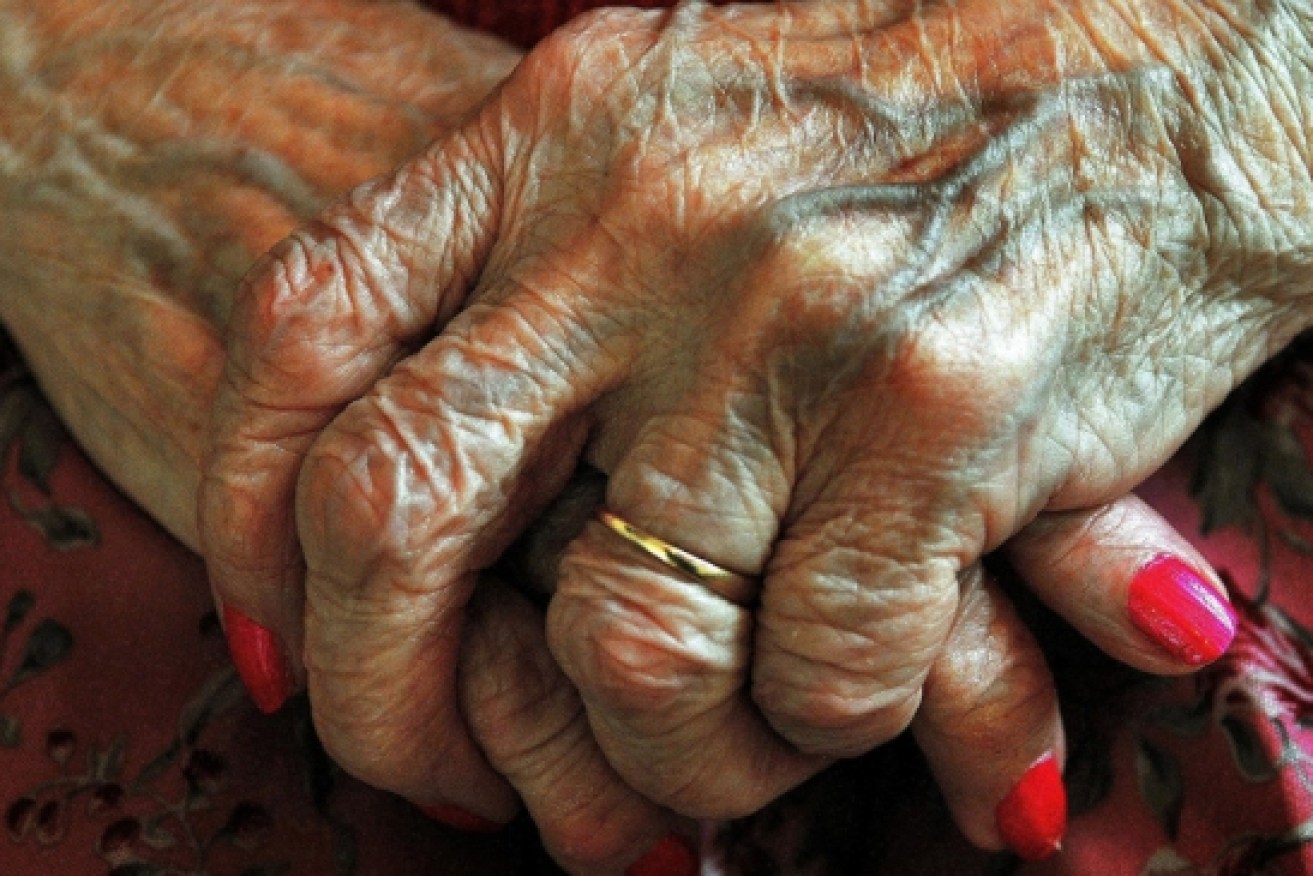Almost five per cent of Australians over 65 are experiencing some form of abuse, however many believe this is not the full extent of the problem.
The Office for the Ageing has declared elder abuse as a “hidden problem” going unrecognised and unreported, while South Australia’s peak Aged Rights Advocacy Service (ARAS) says it is dealing with 500 hundred new cases every year.
“Why don’t we talk about it?” asks Doris Gioffre Team Leader of ARAS’ Abuse Prevention Program.
“I think it is because people are in denial perhaps that it is happening to them or they think that nothing will change if they truly get some help.”
She told InDaily there was a lot of shame and embarrassment about elder abuse and it was difficult to discuss when the majority of perpetrators were family members or spouses.
“Just like domestic violence and child abuse all those years ago, nobody wanted to believe that this was happening and swept it under the carpet. Now here we are with elder abuse and it’s just the latest form of family violence to come to public attention.”
Adelaide is hosting a conference on elder abuse today, with Minister for Ageing, Zoe Bettison, releasing a new strategy to safeguard seniors against abuse.
Three years ago ARAS implemented a community and aged care education campaign and since then it has seen abuse reported by hospital staff increase by 34 per cent.
Dr Faizal Ibrahim is a Geriatrician with the Queen Elizabeth Hospital and he agrees there is a lot of abuse that is going unreported.
“It’s really difficult actually, how do you whistle blow your own son or daughter, or husband, or wife?” he said.
“From a hospital perspective there is a lot of under reporting because we do not know how much family members are protecting family members.”
Elder abuse is defined as willful or unintentional harm caused to a person by another person with whom there is a relationship of trust. It is any pattern of behaviour that causes physical, psychological, financial or social harm.
Abuse also includes neglect or not providing basic necessities and needs. This can be deliberate or unintended through inadequate clothing, medical, dental or personal care.
Gioffre said one of the most disturbing cases she had dealt with was an adult son moving his father out of the family home to the back of a shed with no hot water or toilet.
The majority of cases reported to ARAS are psychological abuse and more than 10 per cent involve physical abuse. This includes the use of restraints in aged care homes to control the behaviour of dementia patients.
With dementia being the third highest cause of death in Australia, Ibrahim believes to prevent this kind of abuse we need to start talking about rights and care sooner rather than later.
He argues there is a lack of understanding about ageing and the disease. With one third of dementia diagnoses being at the acute stage, he also believes it is important the community and aged care sector understand what is classed as abuse and what is not.
“If you plan now so that in three or four years down the line when you’ve got your advanced care planning already active, your wife, your husband your children your partner will be (your) voice,” he says. “They will be the advocated person that you trust.”
Gioffre said that for many elderly victims it was a great consolation to know that ARAS was also able to advocate on their behalf.
“Elderly people do feel comfortable knowing that they are given options and supported with these options,” she said.
Bettison said the strategy released today defined elder abuse and outlined how to recognise and prevent it, as well as how to respond when it is encountered.
“The strategy sets a clear agenda to empower people to tackle elder abuse for the benefit of the almost 600,000 South Australians over the age of 50,” she said.





